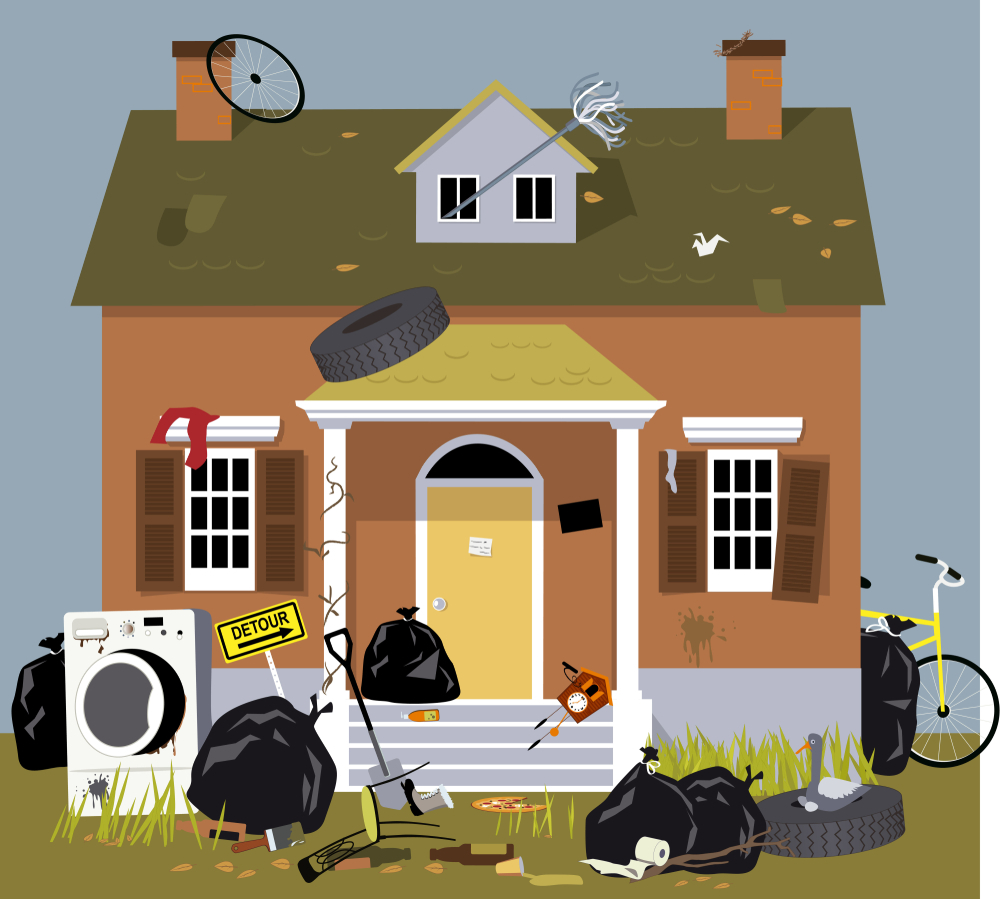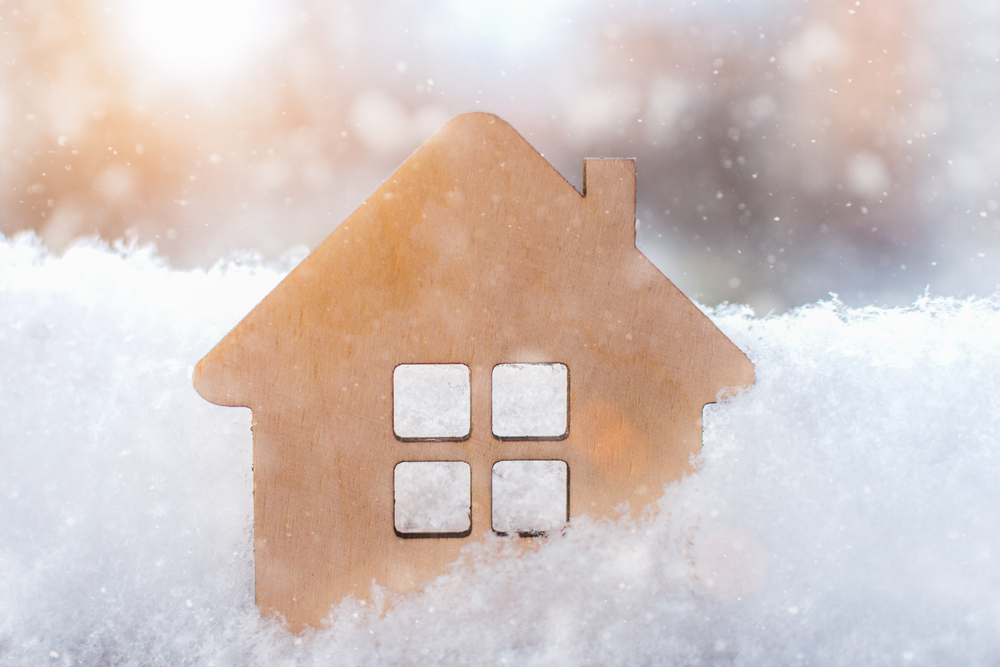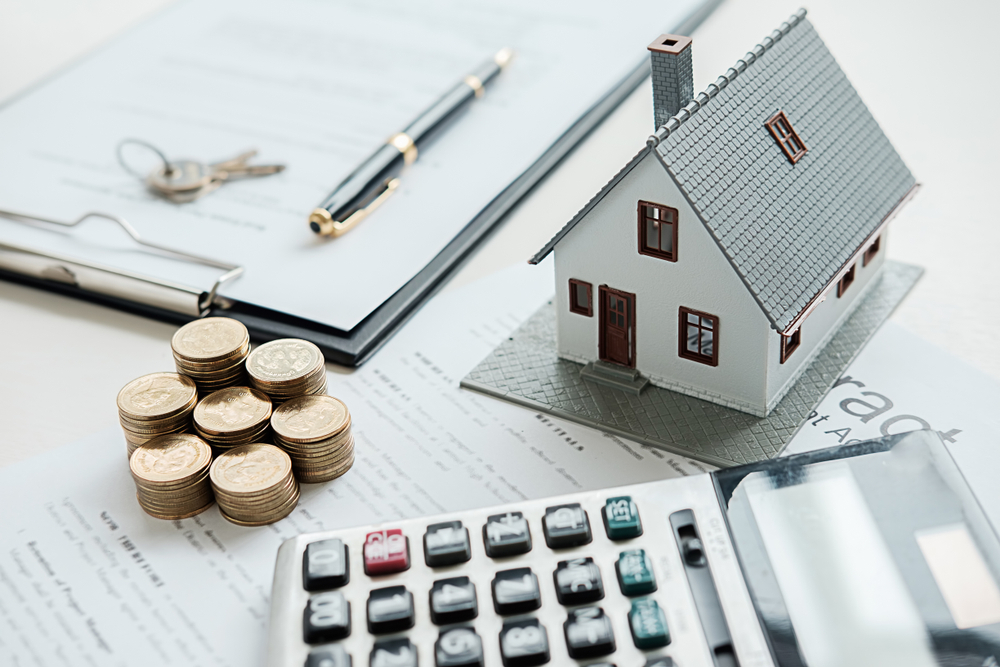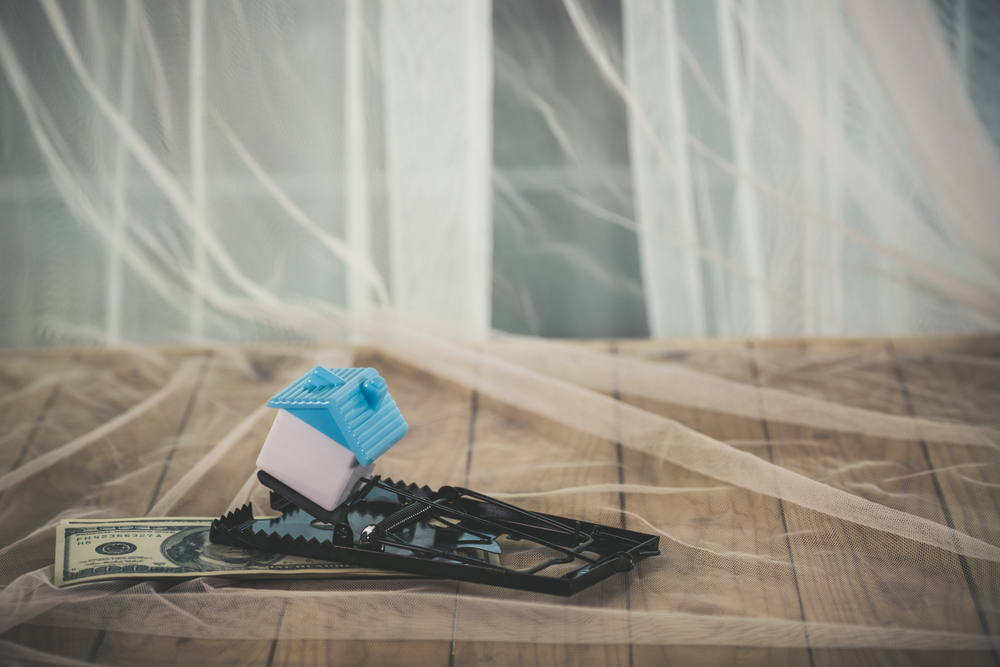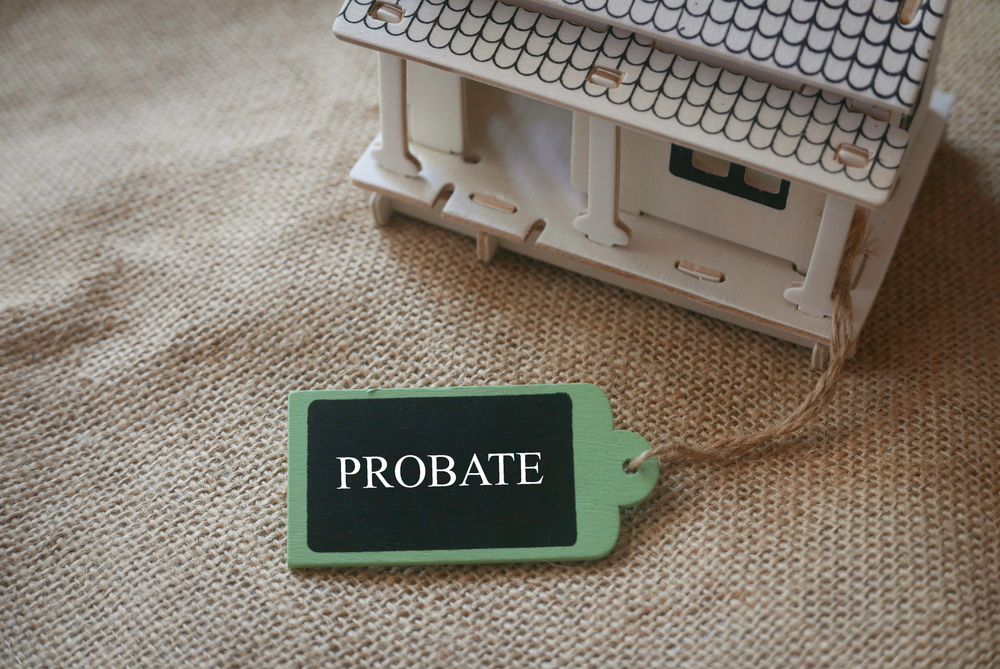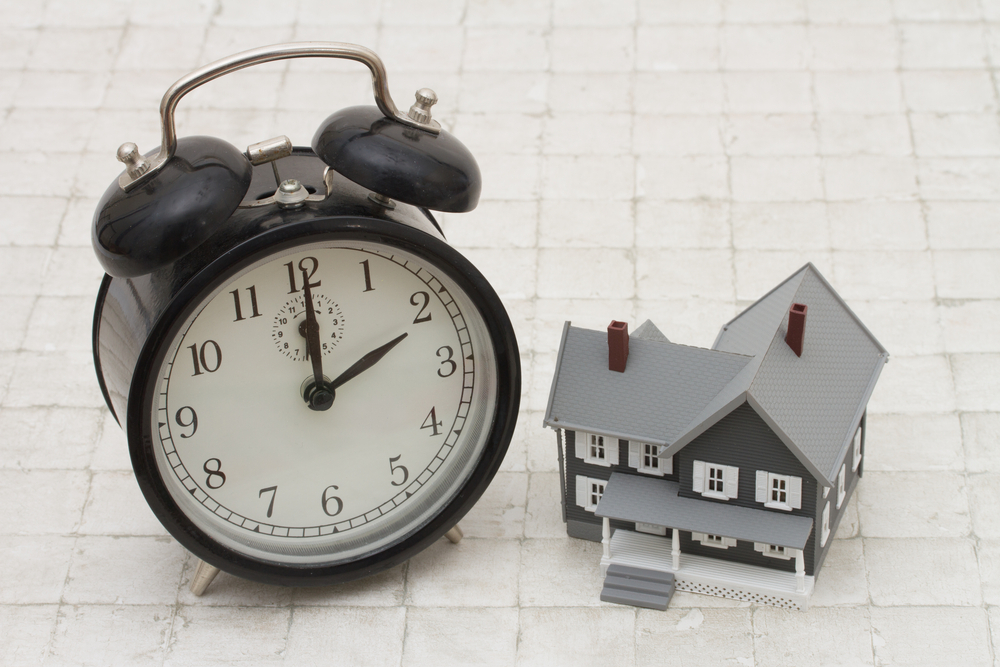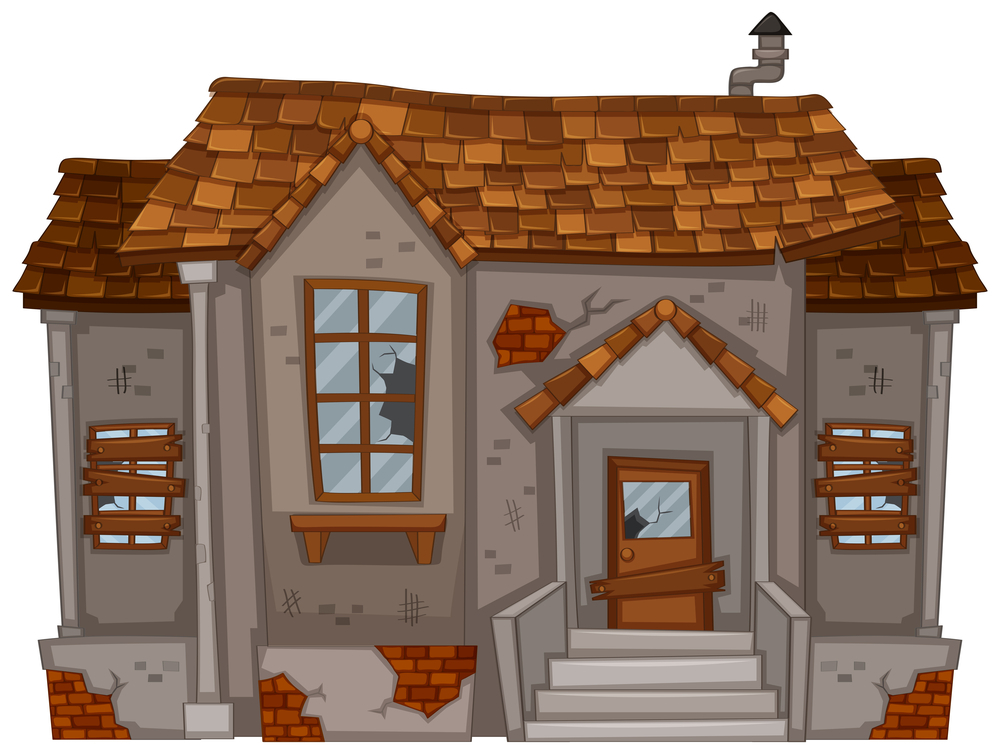How to Sell a Hoarder’s House
In general, preparing a home for sale and attracting a buyer is not a simple task. If selling a stunning and well-maintained property is difficult, selling a hoarder’s house is considerably more difficult. Particularly concerning is the fact that a hoarder’s home is defined as being chaotic and poorly maintained, and as a result, it is already a safety issue for everyone who lives there. This hoarder’s house has been a source of frustration for you; selling it could provide significant relief. Fortunately, even if the process of selling a house is time-consuming and difficult, it is not impossible. Obtaining a buyer for your home is possible when you follow the appropriate guidelines. To learn everything you need to know about selling a hoarder’s house, including how to sell a hoarder’s house, read this complete guide. Should You Renovate a Hoarder’s Home? Your next likely query is whether or not you should renovate a hoarder’s house before putting it on the market after cleaning and staging it. When it comes to selling a house, whether or not you decorate relies on whether or not you have a buyer lined up. If there is already a buyer for the house in its current condition, then it is not necessary to redecorate the property. For those who are still looking for a potential buyer, you should renovate the house to make it more appealing to potential buyers in the future. Even if you already have a buyer for your home, you can redecorate it. You will earn more money for a decorated house than you will for one that is not adorned since redecorating raises the worth of your home. Are Hoarder’s Houses Worth Selling? “Is it really worth it to sell a hoarder’s home?” Yes, that’s the simplest response. When it comes to dealing with a hoarder’s home, the trouble of exchanging the house for cash is worth it in the end. This is especially true if the hoarder is still residing in the residence. Regardless of whether this is your first time selling a hoarder’s home or not, you know that it’s not an easy task. However, if the house is not sold, it becomes a financial burden or a safety issue for the hoarder to maintain the property. The longer the hoarder remains in the house, or the longer the house remains vacant, the more the house’s value diminishes. As a result, find a buyer as quickly as possible and sell the house before it begins to devalue any further. How to Sell a Hoarder’s House in NY? Are you wondering how to sell a hoarder’s house in New York? Take the following steps: Remove hoarders if they are still living in the home before cleaning. Upgrade the Home – This includes replacing old systems in the home. Market the house Get a cash offer How to Sell a Hoarder House in NY? People that are interested in purchasing your New York property undoubtedly want a lovely, well-kept residence to call their own. It’s understandable that you might be afraid of getting any interest in selling your hoarder house because of this. However, before you give up on selling the house, keep in mind that it is possible that someone else is really interested in purchasing it. You will locate a possible buyer for your hoarder house in New York as long as you arm yourself with sufficient information on how to find buyers for your hoarder property. It is one of the most effective ways to find a buyer for your home to work with a real estate agent. Real estate agents can assist you in marketing your home and identifying potential buyers for your property. As a specialist in this field, your real estate agent will assist you in locating a buyer in methods that you would never have thought of on your own. Also, before selecting an agent, make sure that they are experienced with the process of selling a hoarder’s home. It is not always necessary to hire a real estate agent to assist you in finding a cash buyer for your property. Additionally, several sorts of cash home buyers are willing to buy your house as-is, saving you the time and money it would take to prepare the house for sale from start to finish. No matter how difficult it may seem, finding a buyer for that filthy and disorderly property that someone you know currently resides in is still achievable. You can engage a contractor to clean and renovate this house in order to make it more appealing to potential purchasers. Otherwise, find a cash buyer that will purchase your home and save you the time and stress of preparing it for sale while also paying you cash for your home within a few days of receiving it.
How to Sell a Hoarder’s House Read More »

